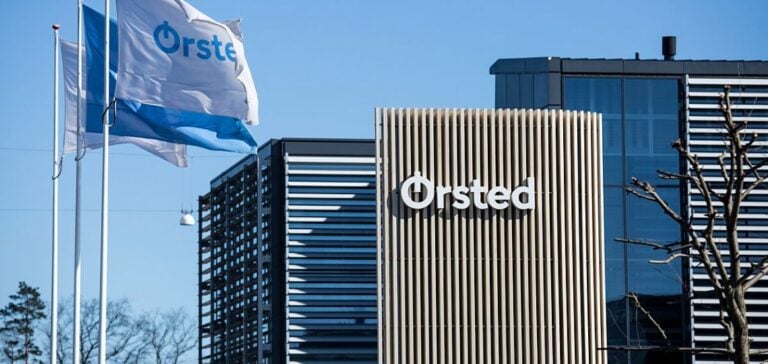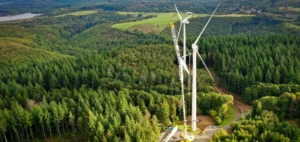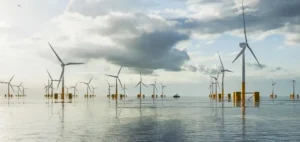After years of remarkable success in energy transition, Danish group Ørsted faces a series of challenges threatening its position as a leader in offshore wind energy. The late 2023 cancellation of several ambitious projects, including the Ocean Wind 1 and 2 farms in the United States, led to impairments of €3.8 billion and forced the company to suspend dividends until 2026.
Having transitioned within a decade from a predominantly fossil fuel-based production to 86% renewable energy, Ørsted appeared well-positioned to lead the global energy transition. However, recent setbacks highlight the vulnerabilities of its business model in the face of unfavorable macroeconomic variables, such as rising interest rates and material costs.
Risky Projects in an Unstable Environment
In the United States, a strategic but still immature market for Ørsted, the group’s strategy faced significant hurdles. Fixed-price contracts signed during a period of low interest rates became unprofitable due to soaring construction costs. Jakob Martini, an analyst at the Danish daily Finans, believes the group “lacked foresight” in failing to hedge against these fluctuations.
Despite these setbacks, some projects, such as Revolution Wind and Sunrise Wind, which have already received federal authorization, are expected to proceed even under a Trump administration hostile to offshore wind. However, caution remains critical in a U.S. market that is still unpredictable.
Strategic Support and Promising Prospects
In the face of uncertainties, Ørsted can rely on solid support. The entry of Norwegian group Equinor into its capital, now its second-largest shareholder with 10% ownership, is perceived as a vote of confidence in the company’s ability to rebound. Additionally, Ørsted has bolstered its cash reserves by partially selling the Changhua 4 offshore park in Taiwan for €1.5 billion.
According to the International Energy Agency (IEA), wind energy capacity is expected to double by 2030, offering opportunities for players like Ørsted. Kingsmill Bond, an expert at the Rocky Mountain Institute, emphasizes that “clean technologies will continue to grow, even under less favorable governments, as they are cost-effective and ensure energy security.”
Restoring Confidence
Ørsted’s current priority is to stabilize operations and rebuild investor confidence. With a market capitalization reduced by 70% since 2021, the challenge is significant. However, recent partnerships and geographical diversification provide positive prospects for restoring the credibility of a company long considered a model in the renewable energy sector.






















